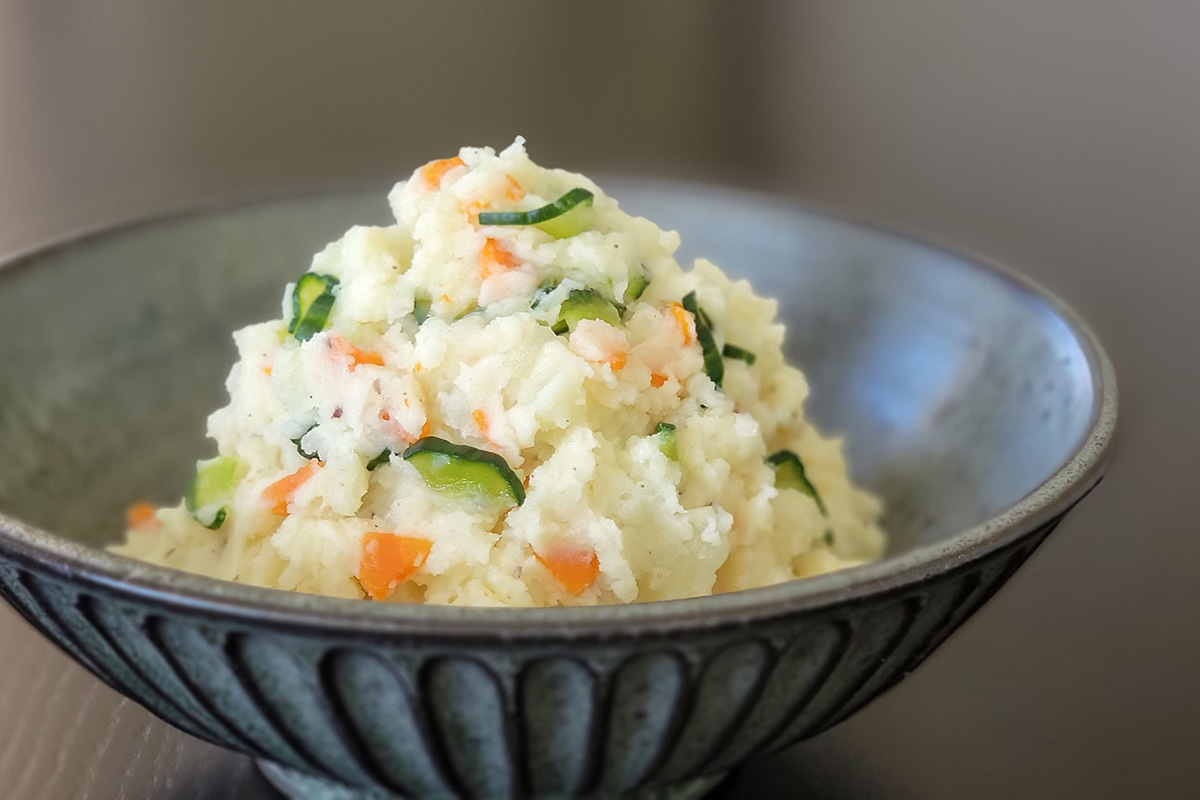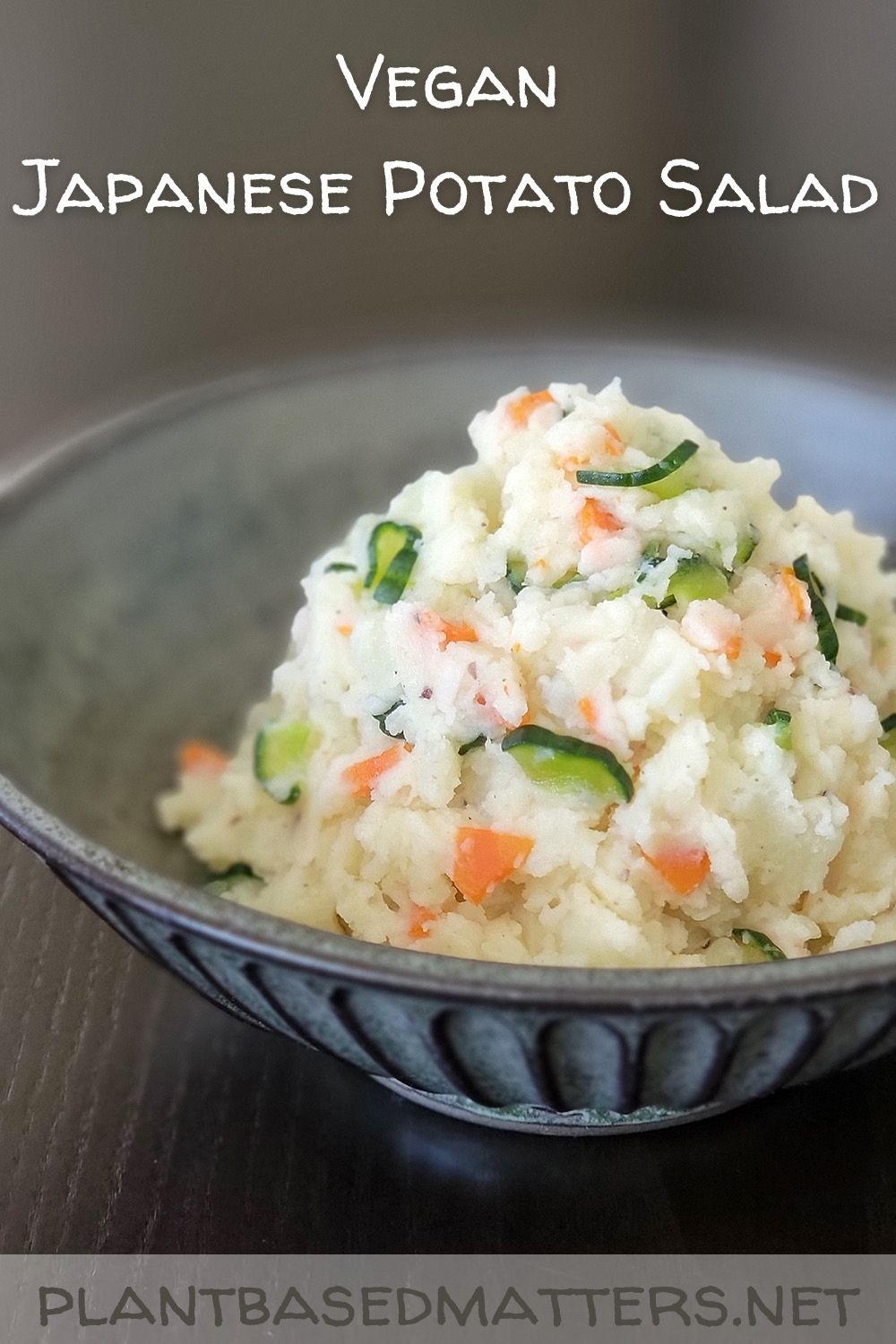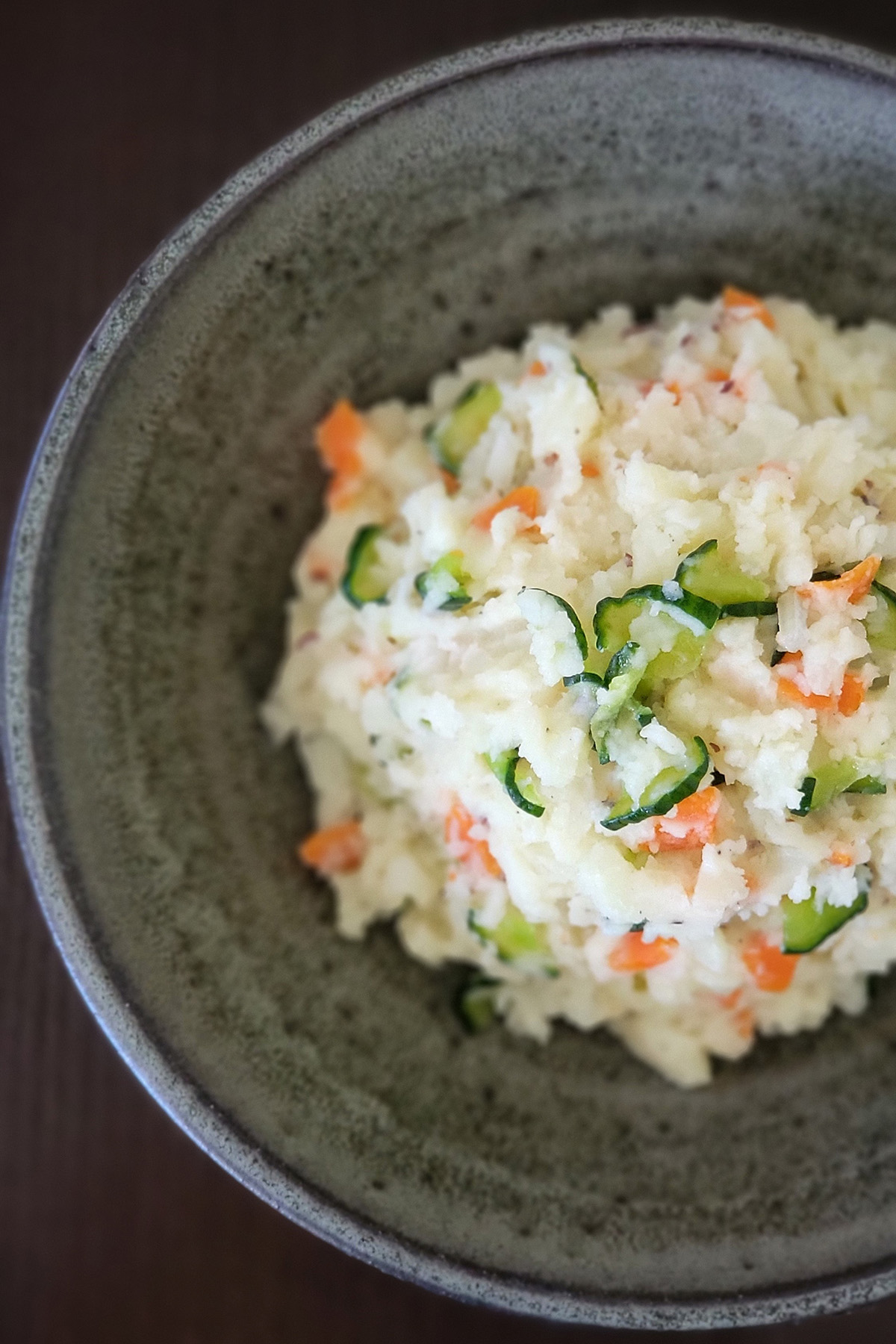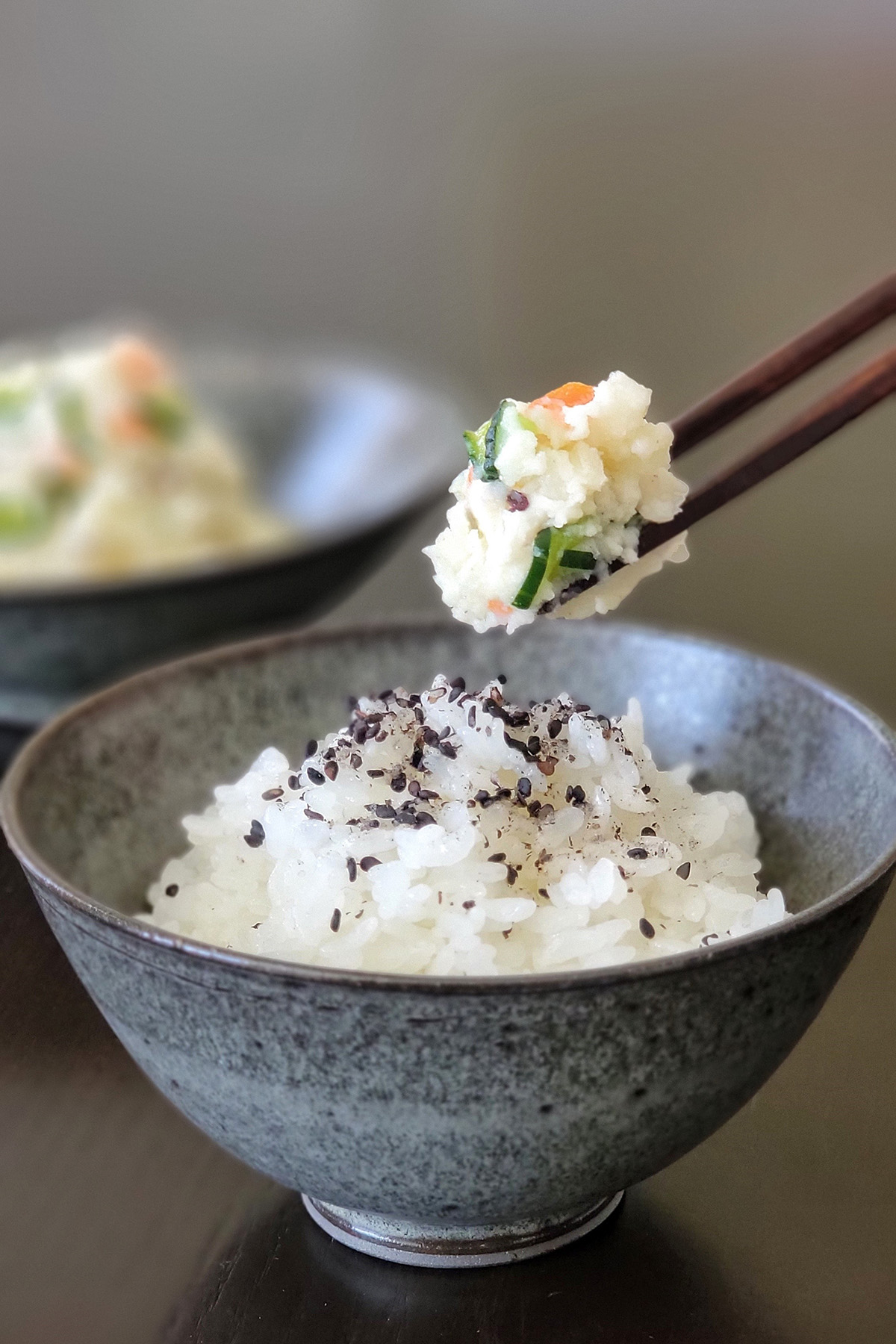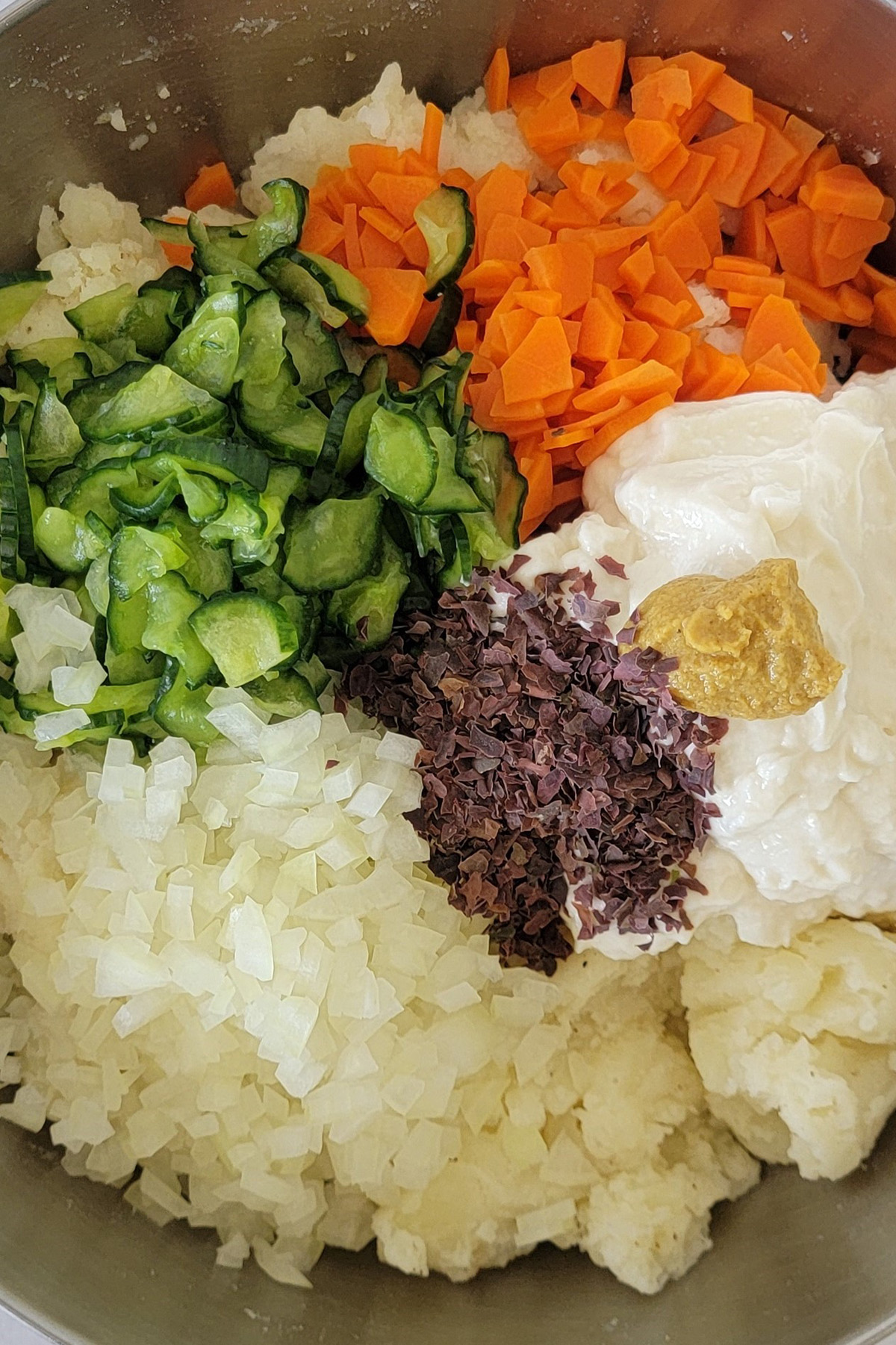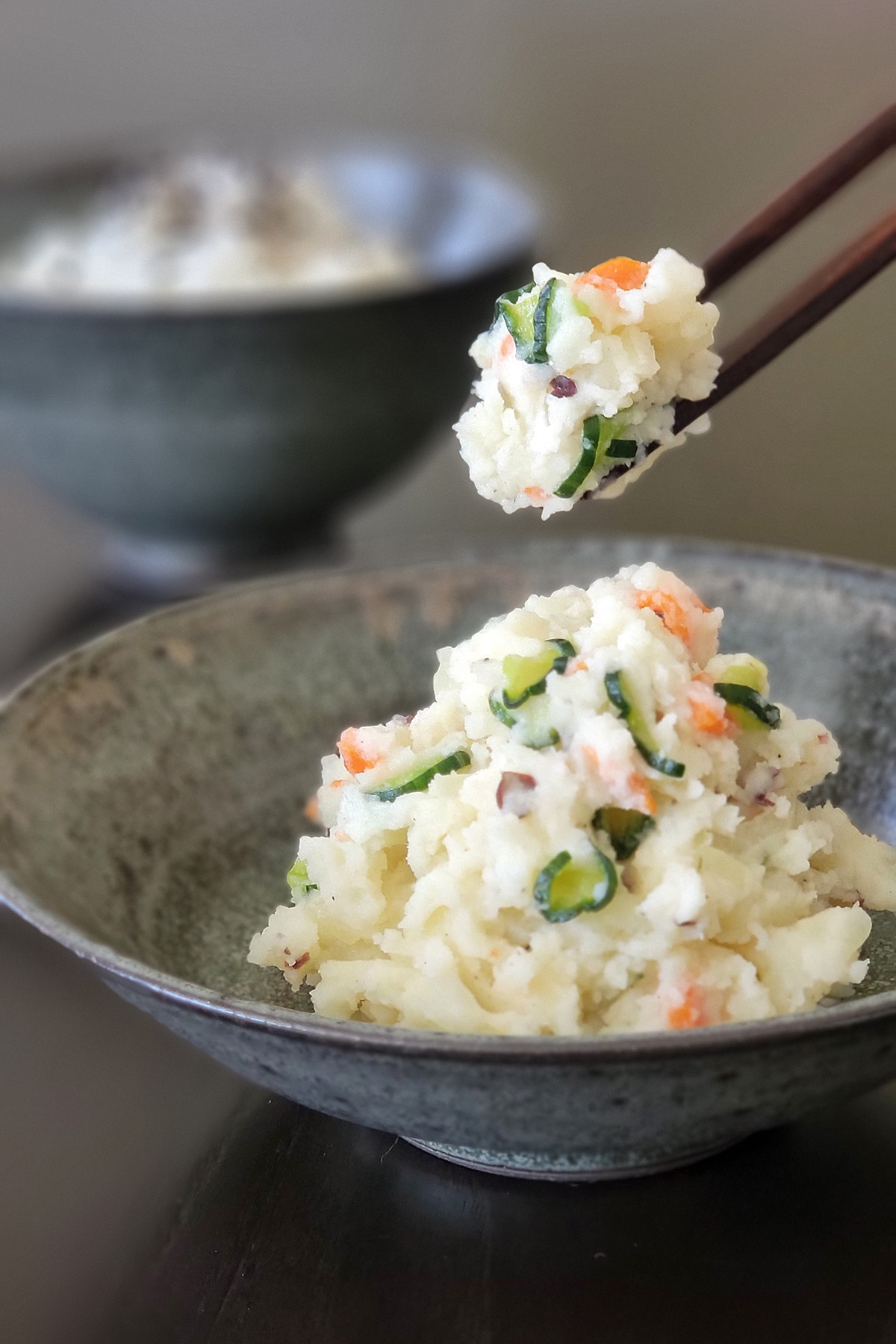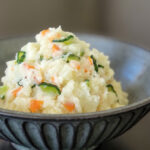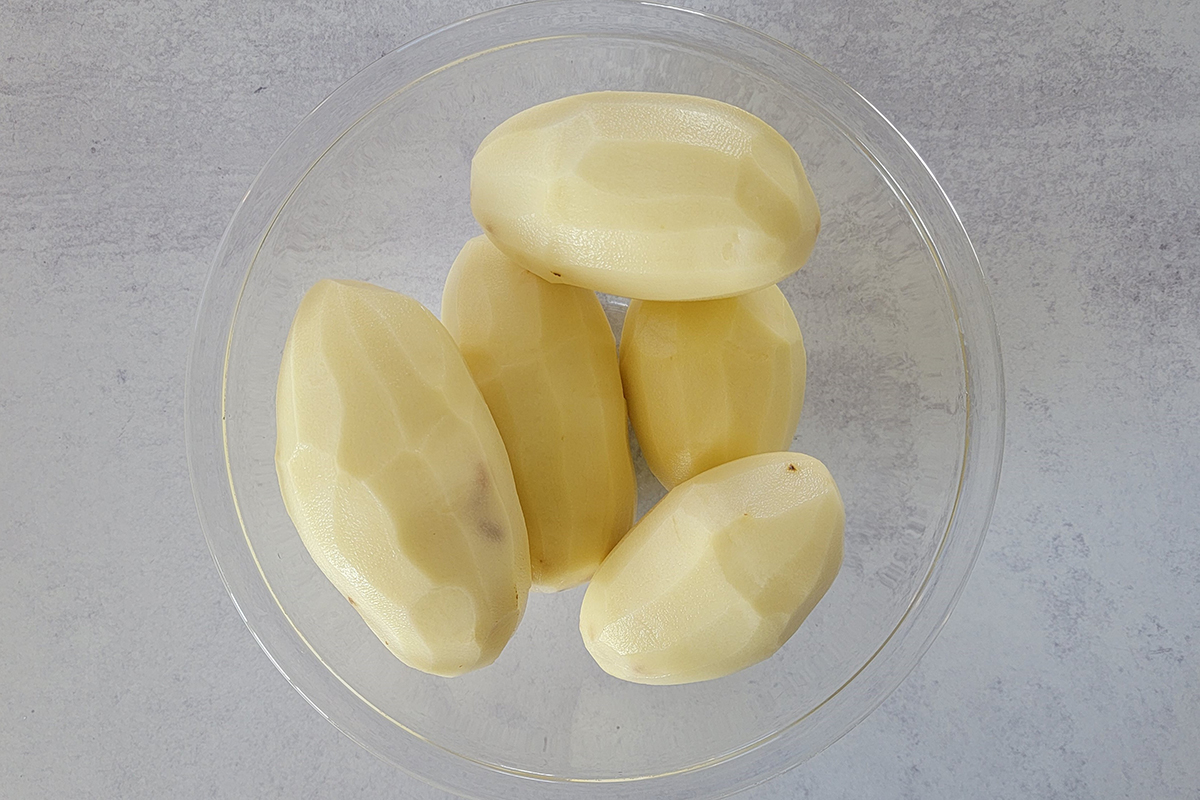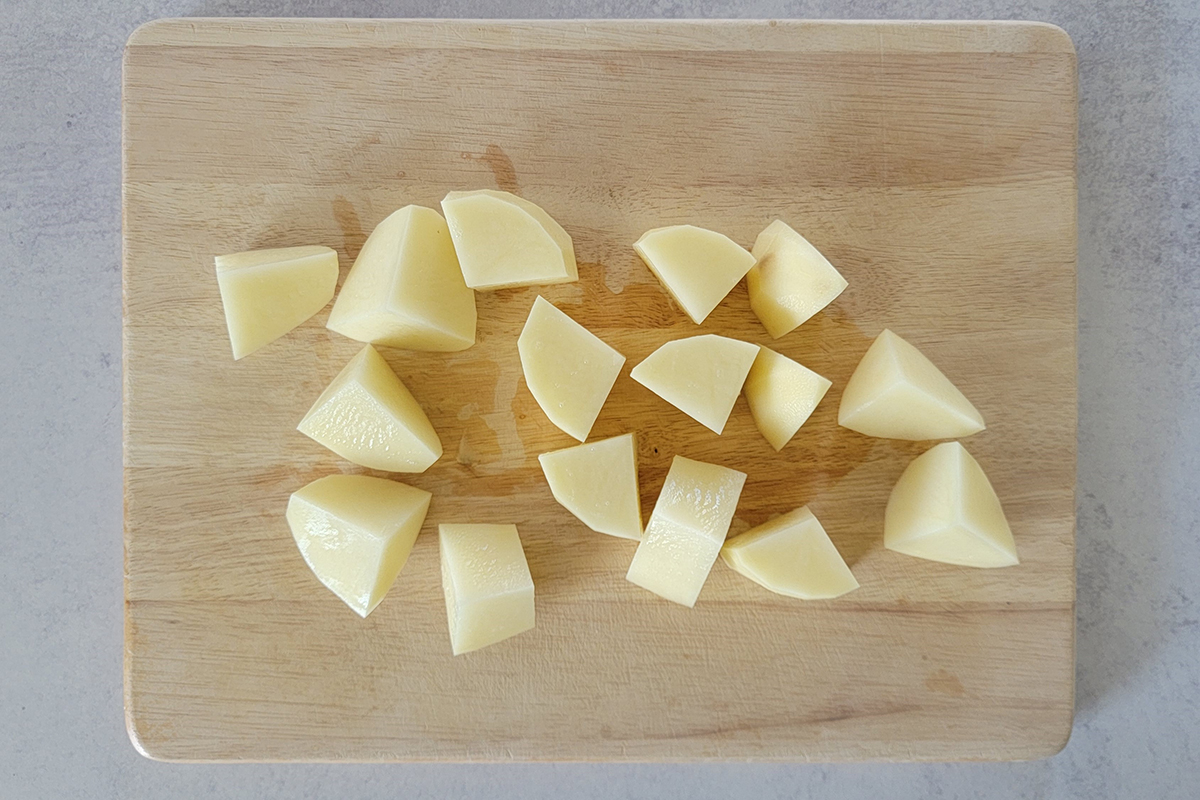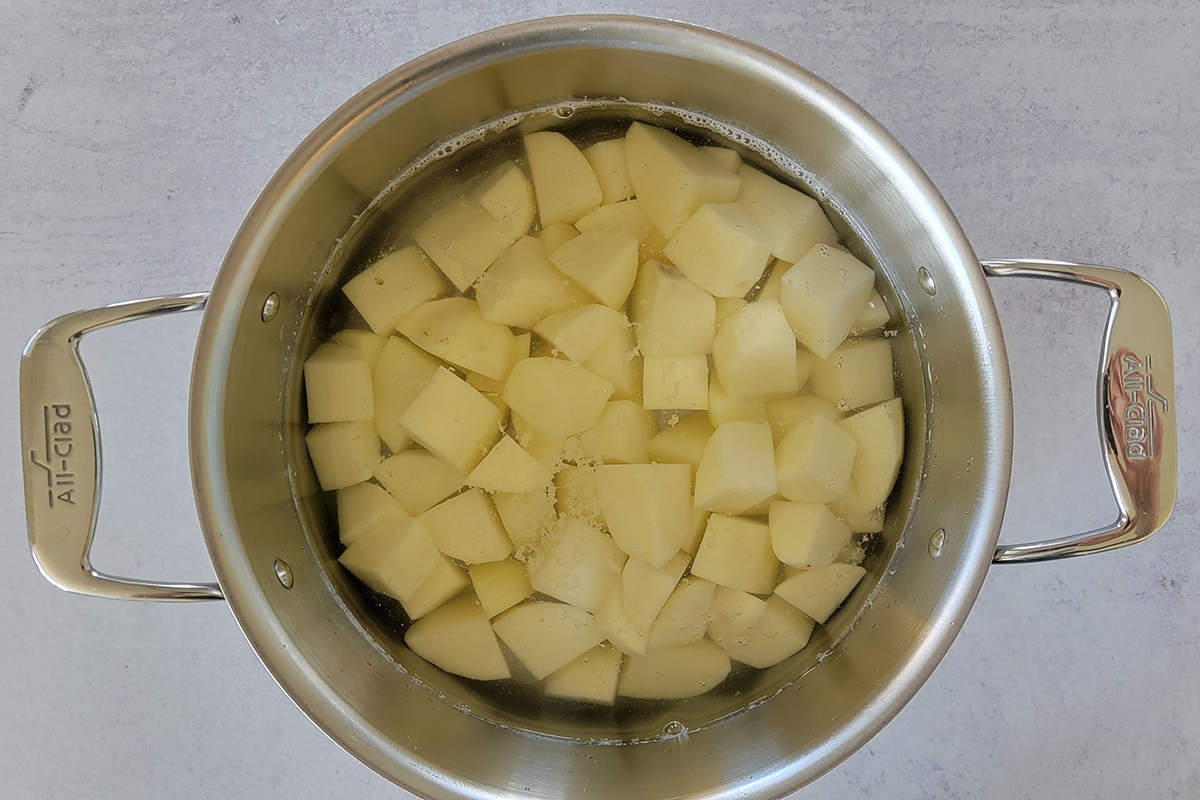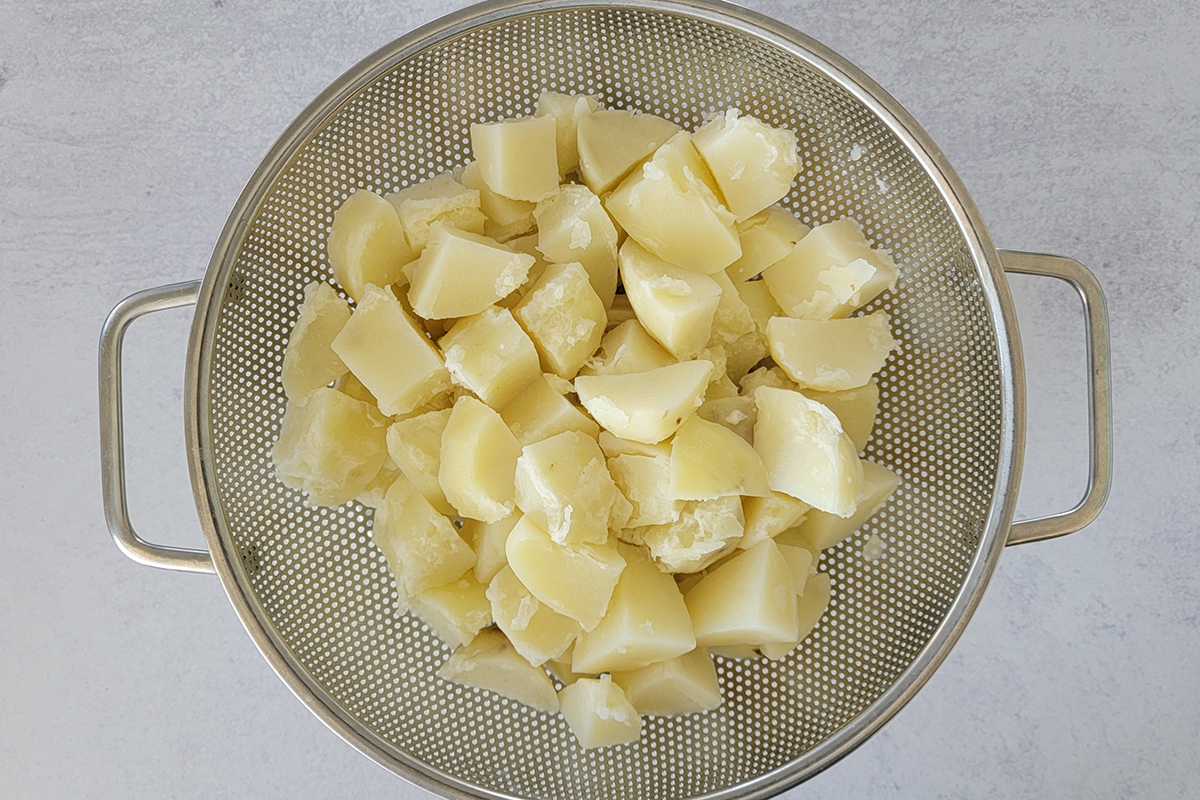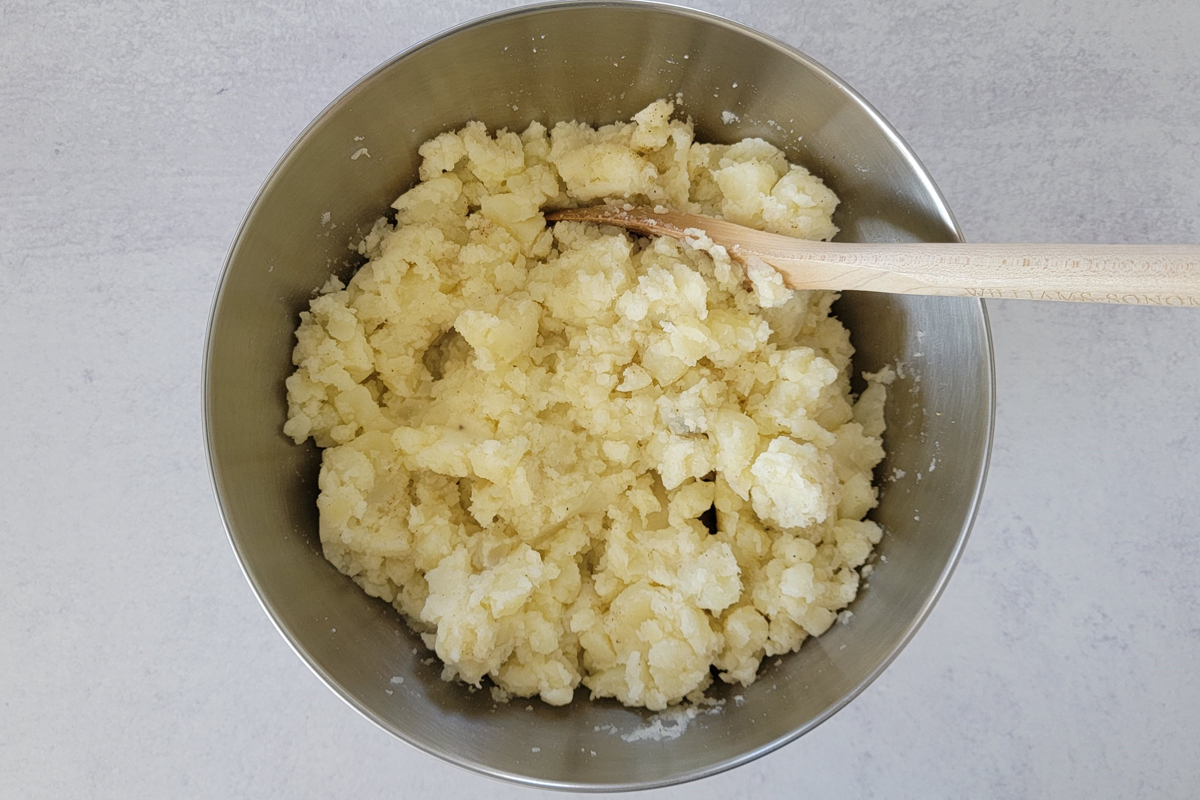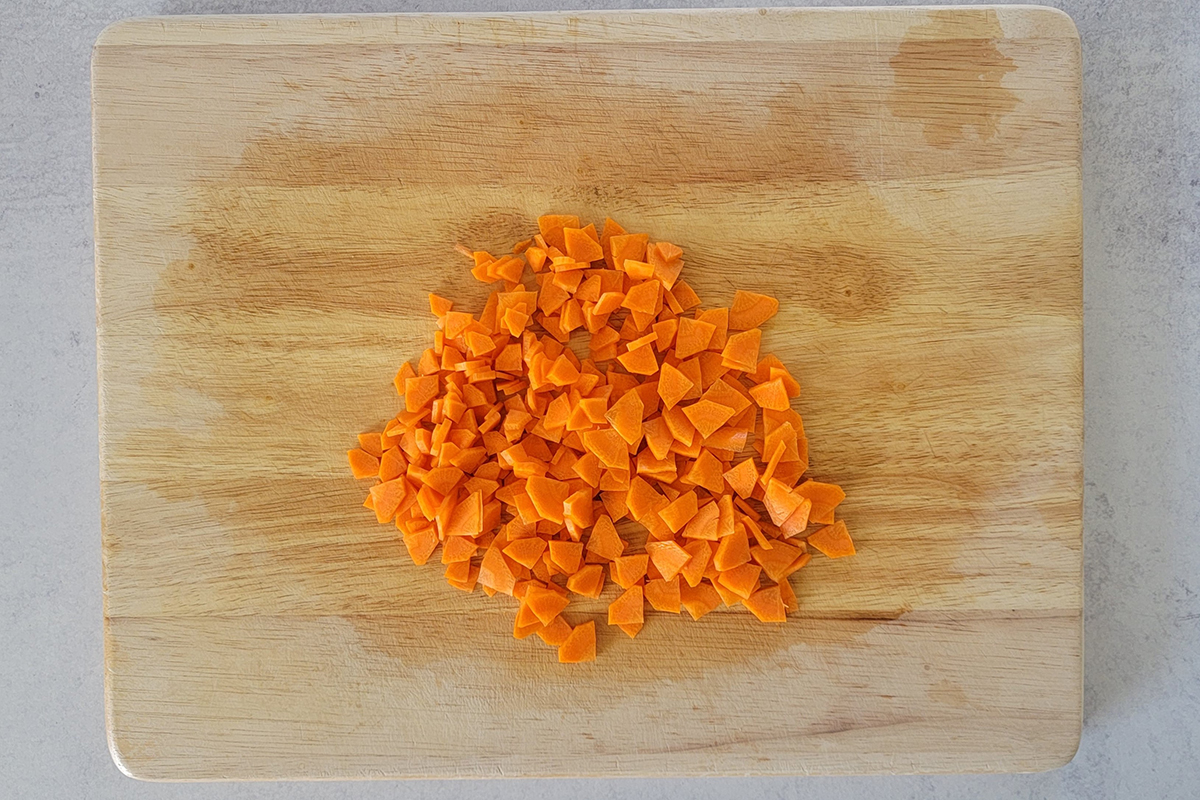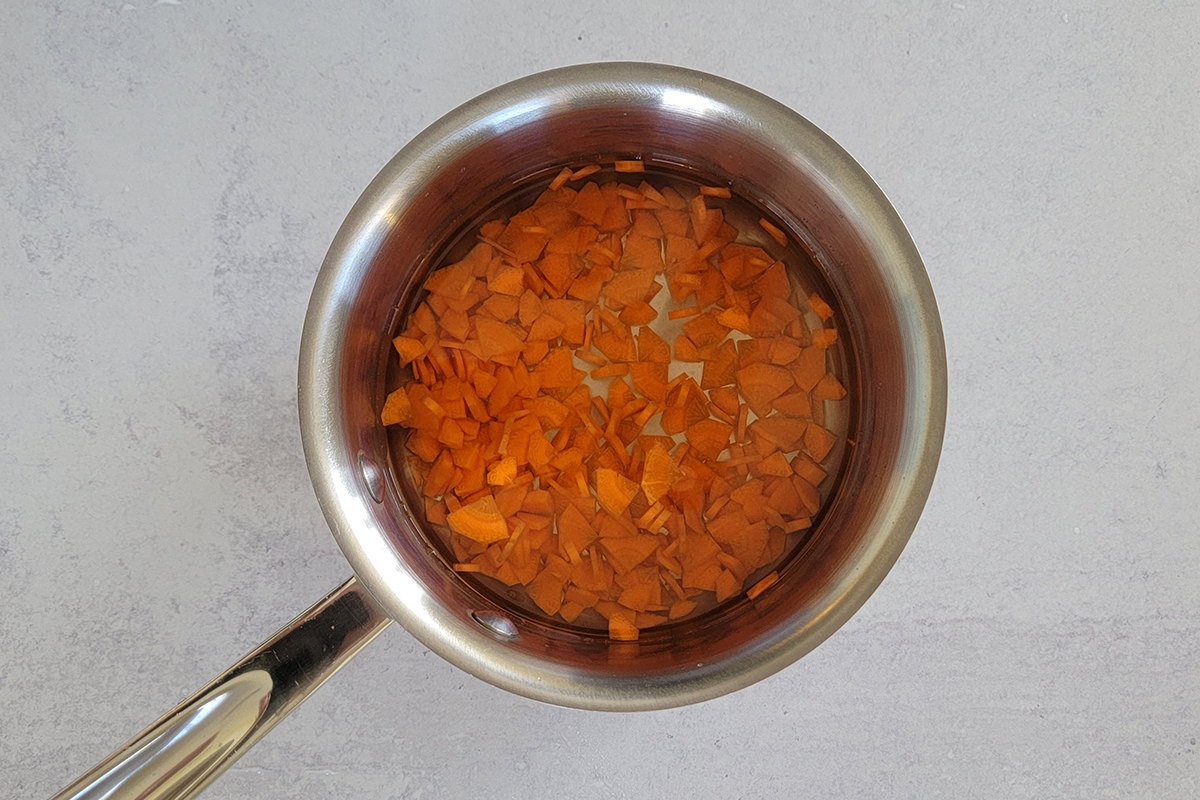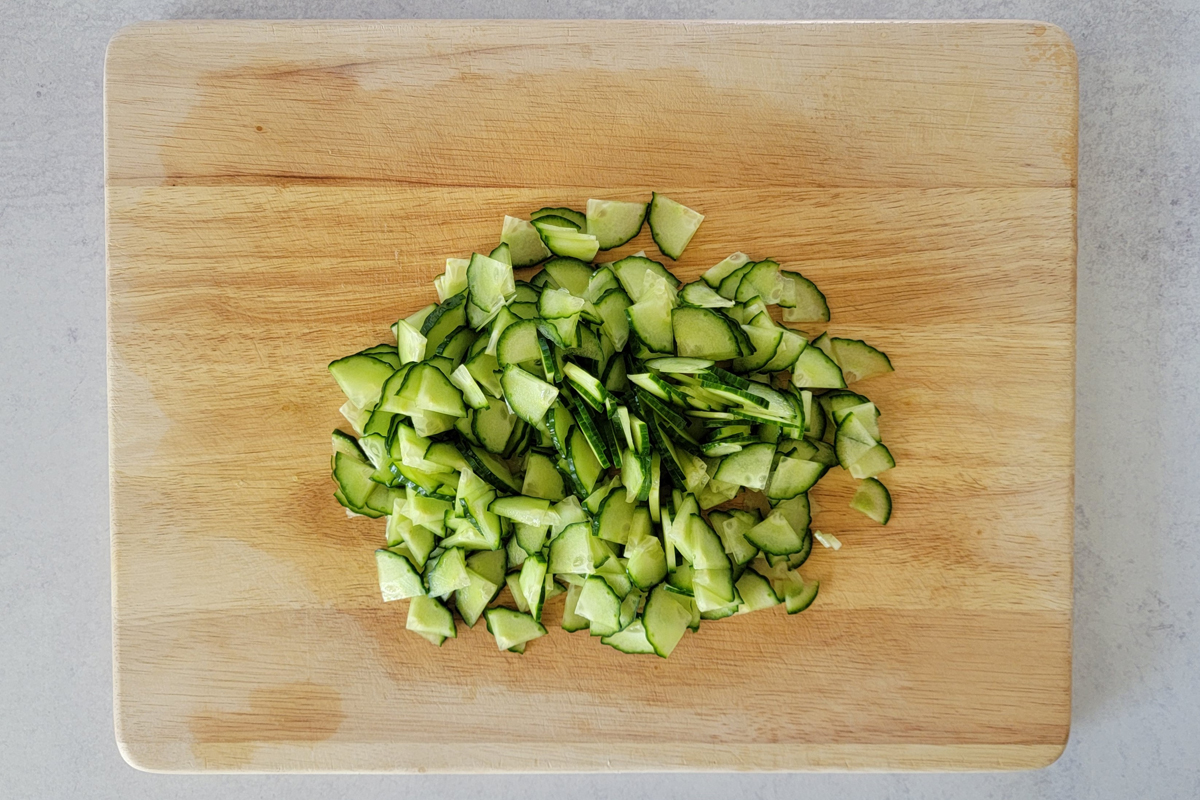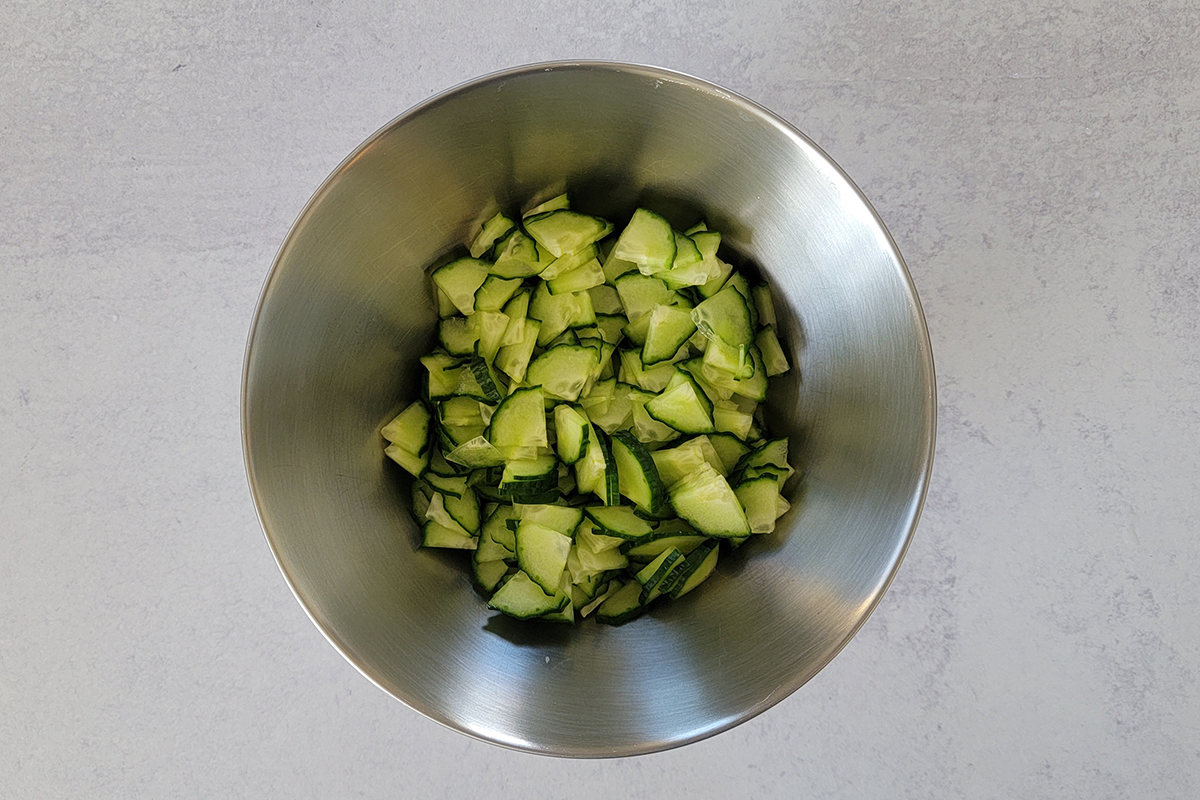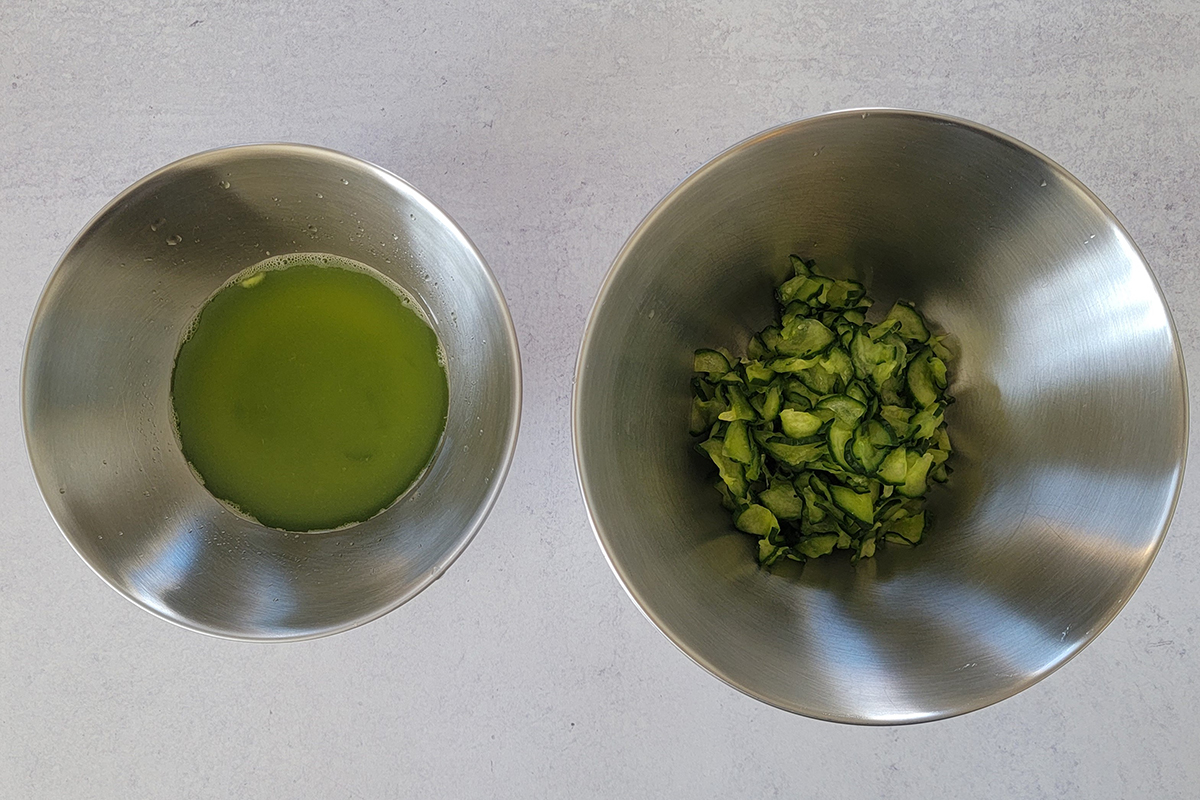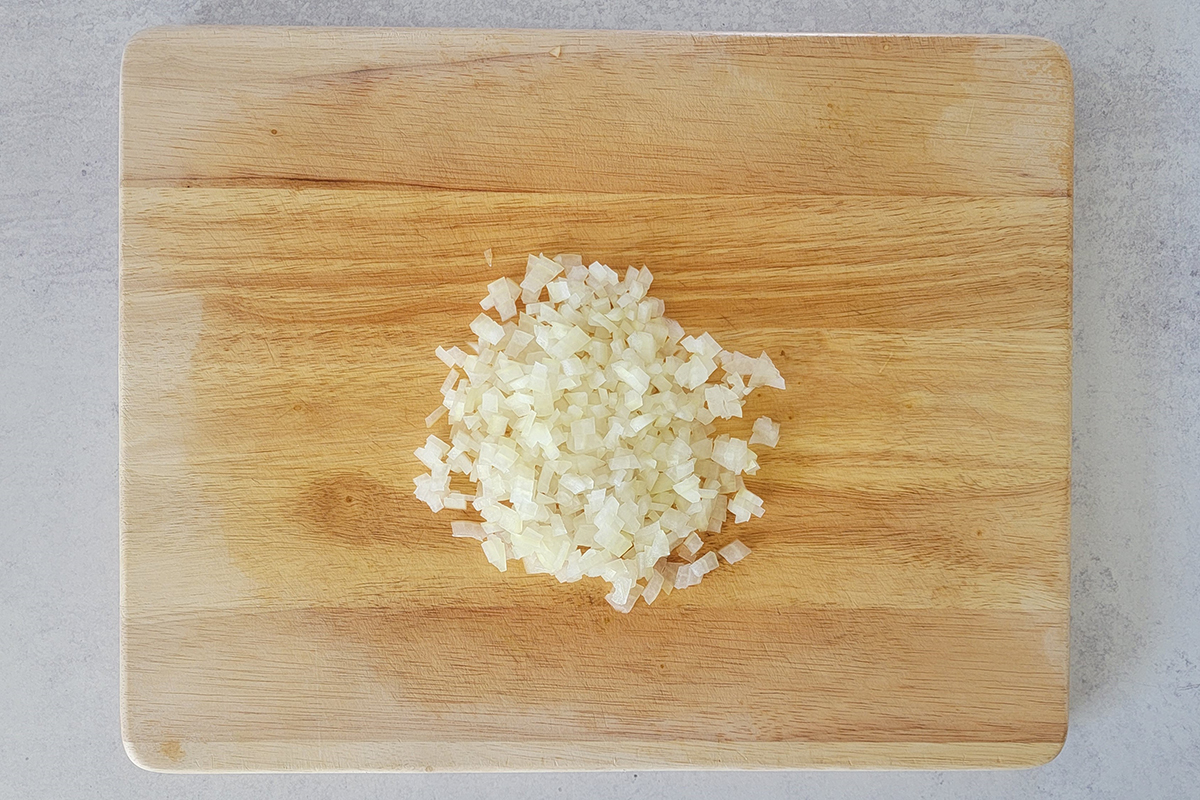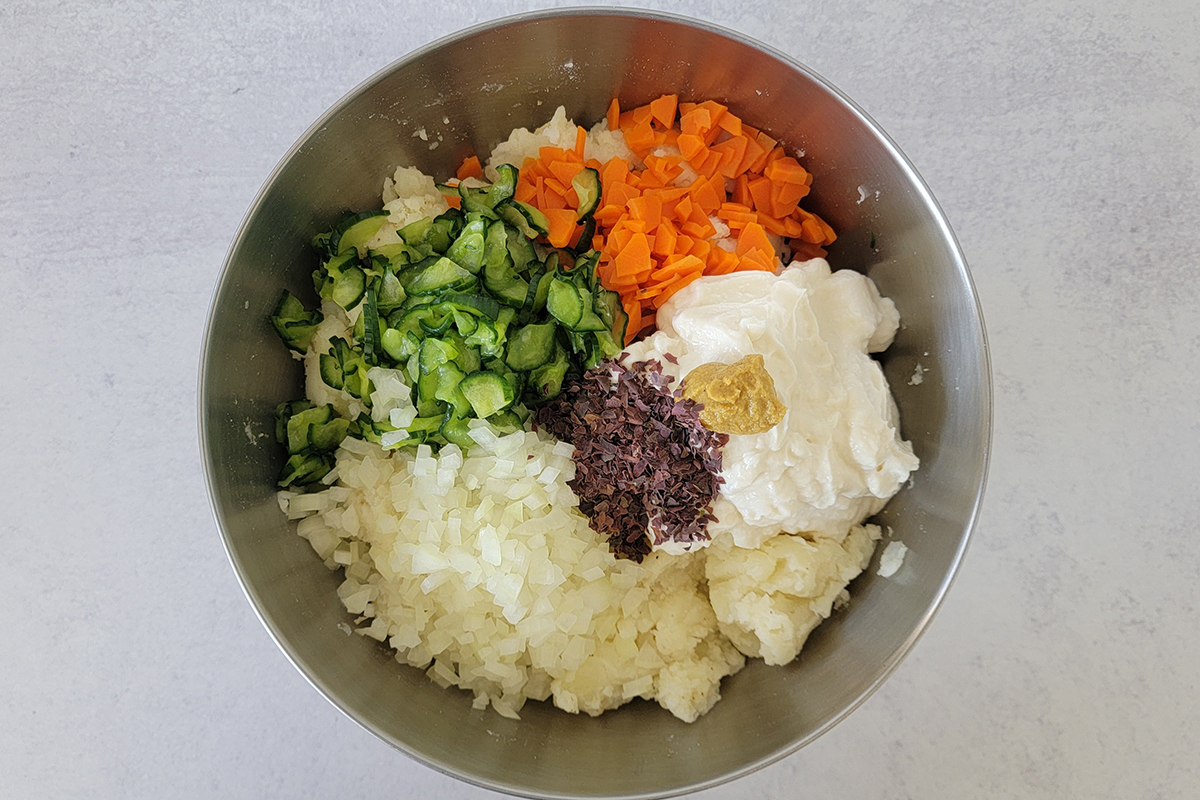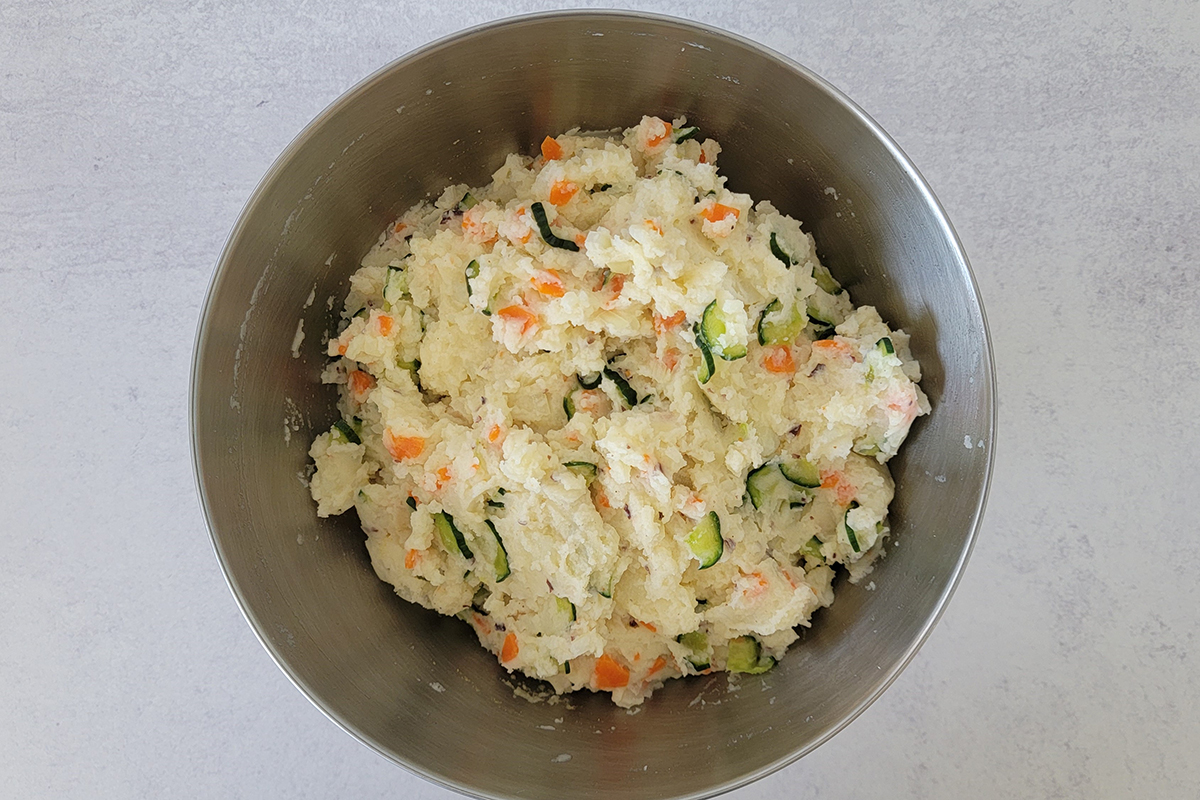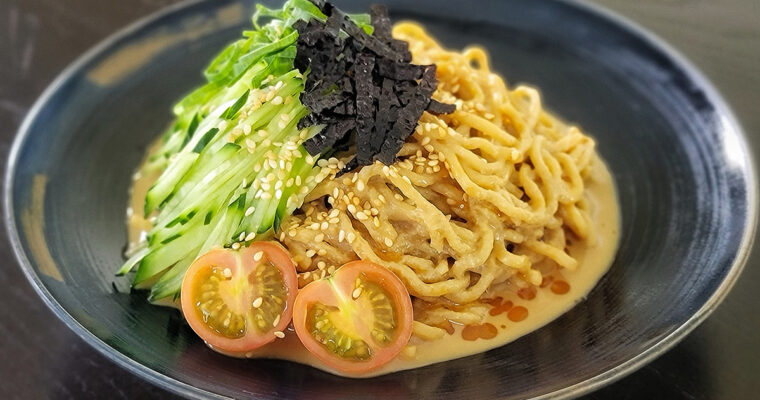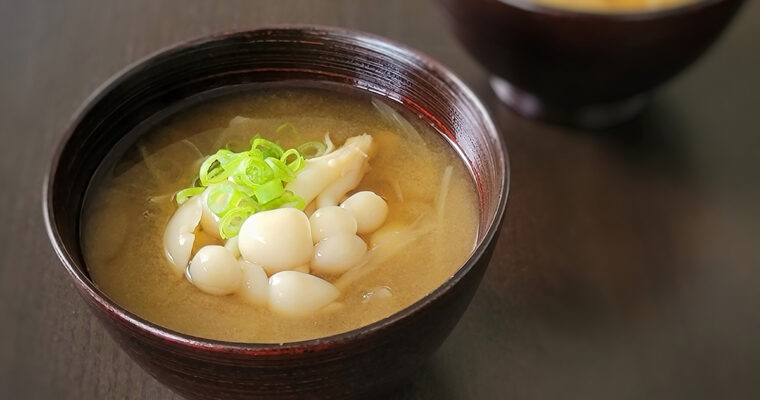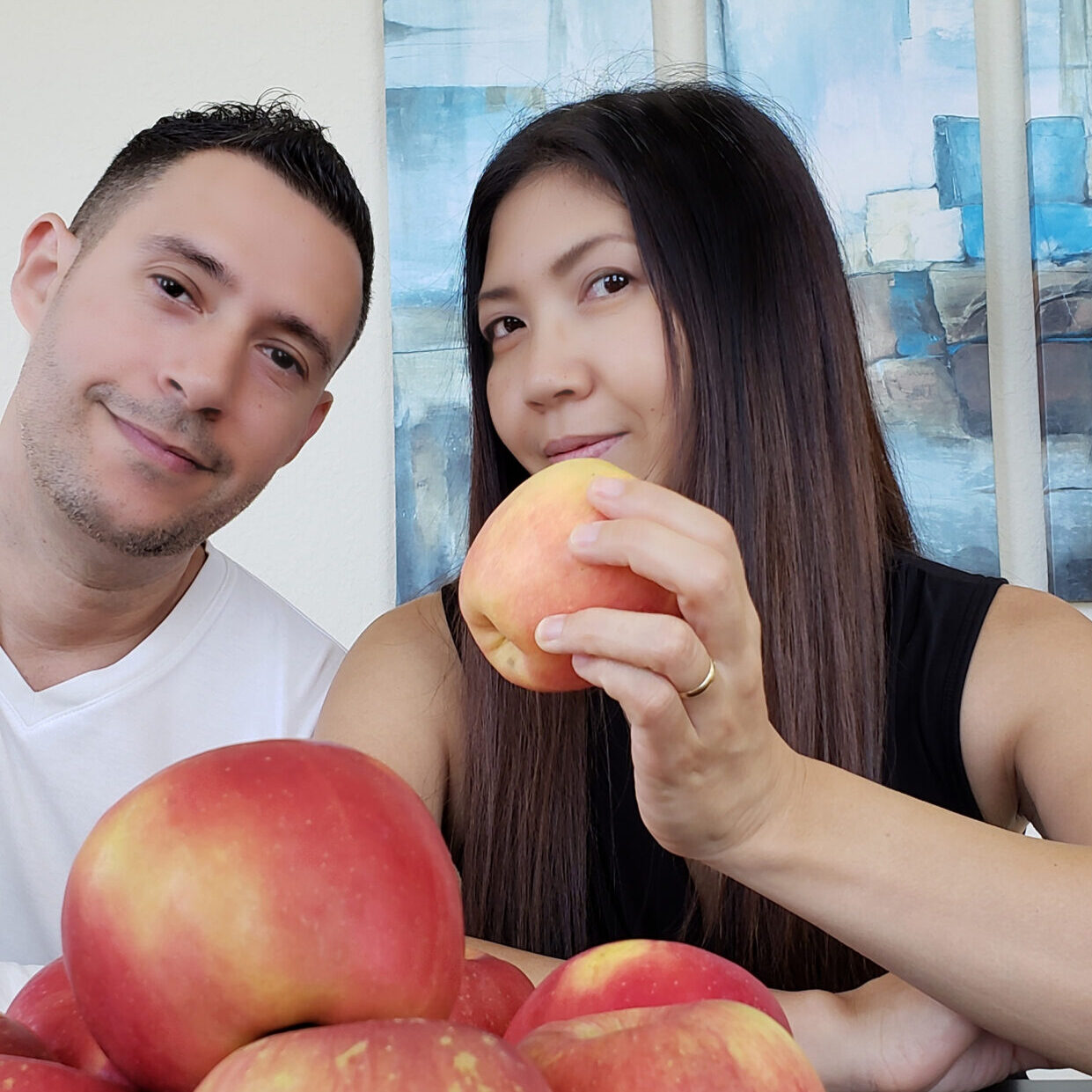Last Updated on July 21, 2022
[ヴィーガンポテトサラダ]
Vegan Japanese Potato Salad is a vegan version of an authentic-taste Japanese potato salad just like the one my mom would make for our family! It’s perfectly delicious on its own or served as a side dish with, you guessed it, a bowl of rice!
What’s Japanese Potato Salad?
Overview
If you never heard of Japanese potato salad before, you may be wondering what’s different from other potato salads. If I compare the Japanese potato salad to the American one, I find the American one to be chunky, sweet, acidic, wet (very), and it has less complex taste.
On the other hand, the Japanese potato salad is rather smooth, savory, not acidic, and creamy but not wet. It has some textures from the veggies such as carrot, onion and cucumber! It tastes far more complex but you can also taste each ingredient that goes in there.
Another difference is that the Japanese potato salad can be a regular side dish but also a side dish to serve with rice.
It isn’t really for sandwiches and/or hot dogs although you could make a Japanese potato salad sandwich or Japanese potato salad dog—yes, there is such a thing. Either way, it’s carb on carb but once you eat the Japanese potato salad, you will crave rice. That’s just the way it is!
Key Ingredients
There are certain ingredients that make the potato salad taste uniquely Japanese! However, a typical Japanese potato salad isn’t vegan-friendly because of the use of the particular brand of Japanese mayo, ham, and/or tuna (my mom uses tuna instead of ham.)
Fortunately, there’s a way to make it vegan and still tastes authentically Japanese as long as you include the following ingredients;
- Cucumber
- Cooked carrot
- Japanese karashi mustard (neri-karashi)
- Dulse flakes (optional)
Cucumber & Carrot
As mentioned, my vegan Japanese potato salad is inspired by my mom’s recipe. I put the same (or if not similar) ingredients as how she would prepare it. The cucumber is a very common ingredient in Japanese potato salad which adds some freshness and the crunchy texture.
Another one is the carrot which may not be as common as the cucumber but I know my mom put it. Yes, it’s specifically cooked carrot, not raw.
Japanese Karashi Mustard (Neri-Karashi)
The most unique ingredient in the Japanese potato salad, in my opinion, is Japanese karashi mustard known as neri-karashi. Japanese mustard is much more intense than Dijon mustard or regular American yellow mustard. The spiciness is similar to the “wasabi-effect.
You don’t need to use it a lot but you can taste it’s there. Karashi mustard is a must ingredient for this vegan Japanese potato salad.
Dulse Flakes
You might be wondering what dulse flakes are for. Dulse is a type sea vegetables that’s rich in minerals. In the U.S., people blend it in smoothies but I use it only for cooking. The taste is pretty mild but it’s enough to give the ocean taste to any dishes.
My mom would always put canned tuna in the Japanese potato salad. To mimic the taste of my mom’s potato salad, my vegan version has dulse flakes as a substitute. It mocks the ocean flavor of the tuna in my mom’s salad and to me it’s a nostalgic taste.
You may suggest to use vegan tuna alternatives but I’m not really a big fan of those. So, I’d prefer putting something less process but still tastes good and the dulse flakes do the trick for me. I list as an optional ingredient but highly recommend making with dulse flakes!
I must say every Japanese family has their own recipe of their version of Japanese potato salad. It’s definitely one of the popular side dishes that all Japanese moms know how to cook.
Be sure to check out the “Step-by-Step Instructions (w/ Photos)” after the Printable Recipe!
Vegan Japanese Potato Salad
Ingredients
Cooking Potatoes
- 4-5 pcs russet potatoes (about 3.5 lbs) peeled and cut into 1 1/2 inch chunks
- 2 tsp sea salt
- 1/2 tsp black pepper
The Rest
- 3 oz carrot thinly sliced into quarter-rounds (3/4 cup sliced)
- 6 oz English cucumber thinly sliced into quarter-rounds (1 cup sliced)
- 1/2 tsp sea salt for cucumber
- 2 oz yellow onion chopped finely (1/2 cup chopped)
- 1 1/4 cups vegan mayo adjust to taste
- 1-2 tsp Japanese karashi mustard (neri-karashi) adjust to taste
- 2 tsp dulse flakes optional
- extra sea salt optional
- black pepper optional
Instructions
- Cook the potatoes. In a large pot, add the potato chunks then pour enough water to cover the surface (1/2-inch/1.3 cm above the potatoes.) Uncover and cook on high heat to bring it to a boil. Once it’s boiling reduce the heat to medium to medium low. Skim the foam as necessary. Continue to cook for 10-15 minutes until the potatoes are tender. You can check the doneness by sticking a toothpick in the center of a potato chunk. If it goes through easily, it’s ready.
- Once the potatoes are cooked, use a colander to drain. Shake off the excess water and let it stand to cool down slightly for 10-15 minutes (until no more steam coming out.) After the potatoes are slightly cooler but still warm, transfer to a large prep bowl and roughly mash them then season with salt and pepper. Don’t over season as you can adjust the seasoning later. Set aside to let it continue to cool down completely.
- Meanwhile, prepare the rest. First, cook the carrot. Place sliced carrot in a small sauce pan. Add a pinch of salt and pour enough water to cover the surface. Uncover and cook on high heat to bring it to a boil, then reduce the heat to medium. Continue to cook for 5-10 minutes until the carrots are tender. Use a colander to drain. Shake off the excess water and set aside to let it cool down completely.
- Next, prepare the cucumber. In a prep bowl, add sliced cucumber. Sprinkle salt and massage gently with hand. Let is stand for 10 minutes then squeeze the cucumber to get rid of the water as much as you can. Transfer to another bowl and set aside.
- Once the potatoes and carrots cooled down, start assembling. Into the bowl with the seasoned potatoes, add the carrot, cucumber, onion, vegan mayo, Japanese mustard, and dulse flakes (optional.) Mix well until well combined. Adjust the seasoning with more salt and black pepper if needed.
- Serve immediately or let it rest in the fridge and then serve chilled.
Notes
Potatoes
- Starchy russet potatoes are the preferred potatoes for making Japanese potato salad.
- I boil potatoes after peeled and cut into chunks for faster cooking. As long as you drain well and let it stand to cool down for 10-15 minutes, they don’t get mushy. Make sure to cut into larger chunks so you don’t end up with “potato soup.”
- Alternatively, you can boil them as whole then peeled after being cooked. This method takes longer but the potatoes may not get mushy.
Carrot
- My mom uses cooked carrots so that's what I do here, too. It gives a slightly sweet bite without being too crunchy.
Cucumber
- Any seedless cucumber with skin on will work.
- The cucumber provides a nice bite! Be sure to squeeze the water out as much as you can.
Onion
- I can recall my mom would slice it into thin strips rather than fine chopped which is what I do.
- You can substitute with red onion if you like.
Vegan Mayo
- You can substitute with your favorite vegan mayo.
- I use Organic Vegenaise from Follow Your Heart.
Japanese Mustard
- Japanese mustard, neri-karashi, is spicier (similar to wasabi-like effect) than regular yellow mustard and Dijon mustard. It’s a must-try key ingredient in this recipe!
- Japanese mustard is typically sold in a tube (ready-to-use) or as a powder (mix with water to make a paste.)
- I use Organic Karashi Mustard Powder from The Japanese Pantry or S&B Japanese Mustard Powder. They both have only one ingredient which is mustard powder. Tube options may have other ingredients and additives.
- I don’t recommend substituting with yellow mustard or Dijon mustard as they won’t make the same taste of the Japanese potato salad.
Dulse Flakes
- Dulse flakes makes the Japanese potato salad tastes similar to how my mom made it which is with canned tuna. It’s optional but worth trying!
- I use Organic Dulse Flakes from Mountain Rose Herbs.
How to Store
- Leftovers can be stored in an airtight container in the fridge for 2-3 days.
Step-by-Step Instructions (w/ Photos)
1. Cook the potatoes. In a large pot, add the potato chunks then pour enough water to cover the surface (1/2-inch/1.3 cm above the potatoes.) Uncover and cook on high heat to bring it to a boil. Once it’s boiling reduce the heat to medium to medium low. Skim the foam as necessary. Continue to cook for 10-15 minutes until the potatoes are tender. You can check the doneness by sticking a toothpick in the center of a potato chunk. If it goes through easily, it’s ready.
2. Once the potatoes are cooked, use a colander to drain. Shake off the excess water and let it stand to cool down slightly for 10-15 minutes (until no more steam coming out.)
After the potatoes are slightly cooler but still warm, transfer to a large prep bowl and roughly mash them then season with salt and pepper. Don’t over season as you can adjust the seasoning later. Set aside to let it continue to cool down completely.
3. Meanwhile, prepare the rest. First, cook the carrot. Place sliced carrot in a small sauce pan. Add a pinch of salt and pour enough water to cover the surface. Uncover and cook on high heat to bring it to a boil, then reduce the heat to medium. Continue to cook for 5-10 minutes until the carrots are tender. Use a colander to drain. Shake off the excess water and set aside to let it cool down completely.
4. Next, prepare the cucumber. In a prep bowl, add sliced cucumber. Sprinkle salt and massage gently with hand. Let is stand for 10 minutes then squeeze the cucumber to get rid of the water as much as you can. Transfer to another bowl and set aside.
5. Once the potatoes and carrots cooled down, start assembling. Into the bowl with the seasoned potatoes, add the carrot, cucumber, onion, vegan mayo, Japanese mustard, and dulse flakes (optional.) Mix well until well combined. Adjust the seasoning with more salt and black pepper if needed.
6. Serve immediately or let it rest in the fridge and then serve chilled.
If you enjoy the recipe, please share, leave a comment below and tag us @plantbased_matters on Instagram! We appreciate your kind support 🙂
